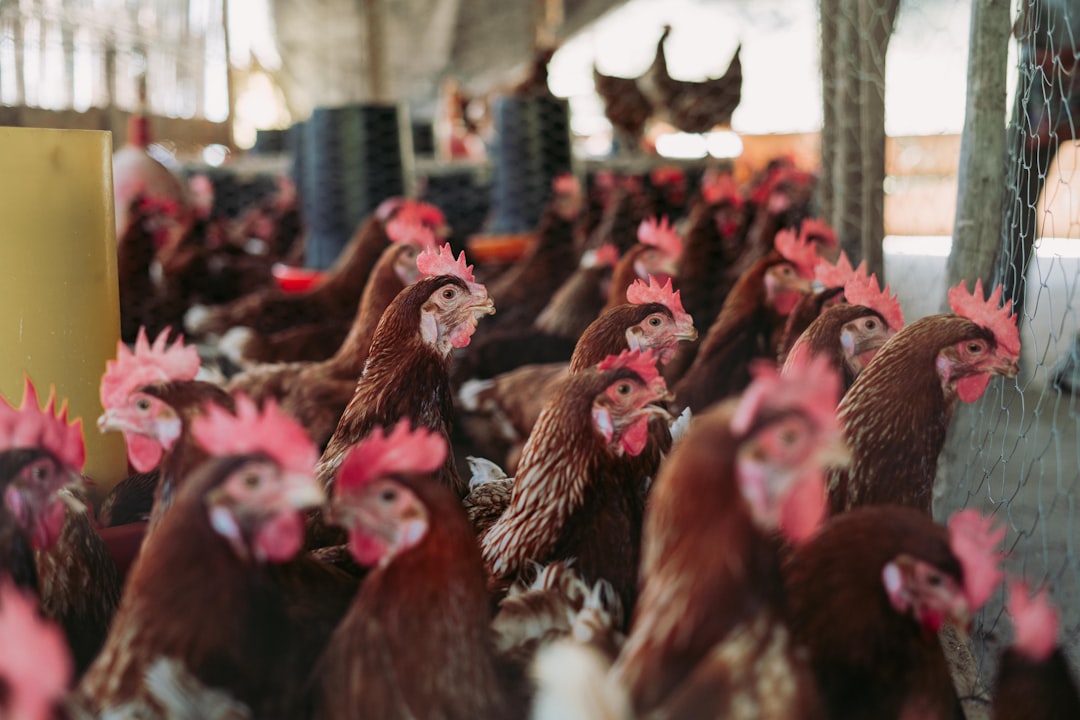Ensuring the health and welfare of poultry requires careful consideration of their housing and environmental conditions. Different housing systems offer varying levels of comfort, biosecurity, and productivity, each with its own set of advantages and challenges. Here’s a comprehensive overview of various poultry housing systems and their impact on bird welfare.
1. Types of Poultry Housing Systems
Poultry housing systems can be broadly categorized into extensive and intensive systems.
Extensive Systems
-
Free-Range or Extensive System: Birds are allowed to roam freely outdoors, which can reduce feed costs but may lead to challenges in managing biosecurity and egg collection.
-
Semi-Intensive System: Combines elements of free-range and intensive systems, offering some outdoor access but with more controlled conditions.
-
Folding Units: Portable enclosures that allow for easy relocation, suitable for large-scale commercial operations.
Intensive Systems
-
Deep Litter System: Birds are kept on a thick layer of bedding material like straw, which helps maintain cleanliness but can be labor-intensive.
-
Battery Cage System: Birds are housed in cages, which maximizes space but raises welfare concerns due to restricted movement.
-
Slatted Floor System: Birds are kept on slatted floors, which improves cleanliness and reduces disease risk but may require more maintenance.
-
Aviary System: Birds are kept in large enclosures with perches and nesting boxes, offering better welfare conditions but requiring more space and investment.
2. Environmental Factors Affecting Poultry Welfare
-
Temperature: Maintaining optimal temperatures (around 20-25°C) is crucial for bird comfort and productivity. Extreme temperatures can lead to stress and reduced growth.
-
Ventilation and Air Quality: Proper ventilation is essential to prevent respiratory issues and maintain a healthy environment.
-
Humidity: High humidity can lead to health issues, so maintaining optimal levels is important.
-
Lighting: Adequate lighting is necessary for bird activity and productivity, but excessive light can cause stress.
3. Impact of Housing Systems on Welfare
-
Animal Welfare: Intensive systems like battery cages are criticized for restricted movement, while extensive systems offer more freedom but may expose birds to predators and harsh weather conditions.
-
Biosecurity: Intensive systems generally offer better biosecurity due to controlled environments, but require strict management practices.
-
Productivity: Intensive systems often yield higher productivity due to controlled conditions, but may compromise bird welfare.
4. Mitigating Environmental Challenges
-
Climate Change: Rising temperatures and changing weather patterns can impact feed quality and bird health. Implementing cooling systems and using heat-tolerant breeds can help mitigate these effects.
-
Biosecurity Measures: Regular cleaning, disinfection, and isolation areas are crucial for preventing disease outbreaks.
Conclusion
Providing optimal housing and environmental conditions for poultry is a delicate balance between welfare, productivity, and biosecurity. By understanding the advantages and disadvantages of different housing systems and managing environmental factors effectively, poultry farmers can ensure healthier and more productive flocks. Whether you opt for extensive or intensive systems, prioritizing bird welfare and biosecurity is essential for sustainable poultry farming.
Citations:
- https://www.naturalremedy.com/blog/housing-system-of-poultry/
- https://ew-nutrition.com/climate-change-poultry-production-major-threats-mitigate-impact/
- https://www.bivatec.com/blog/intensive-poultry-management-systems
- https://avinews.com/en/creating-the-right-climate-for-poultry/
- https://hn-int.com/housing-systems/
- https://www.thepoultrysite.com/articles/environmental-factors-to-control-when-brooding-chicks
- https://kukufarm.com/types-of-poultry-housing-systems-all-you-need-to-know/
- https://www.ncbi.nlm.nih.gov/books/NBK232332/
- https://kukufarm.com/how-to-pick-the-best-poultry-housing-system/

Comments
No comments yet. Be the first to comment!
You must be logged in to comment. Login